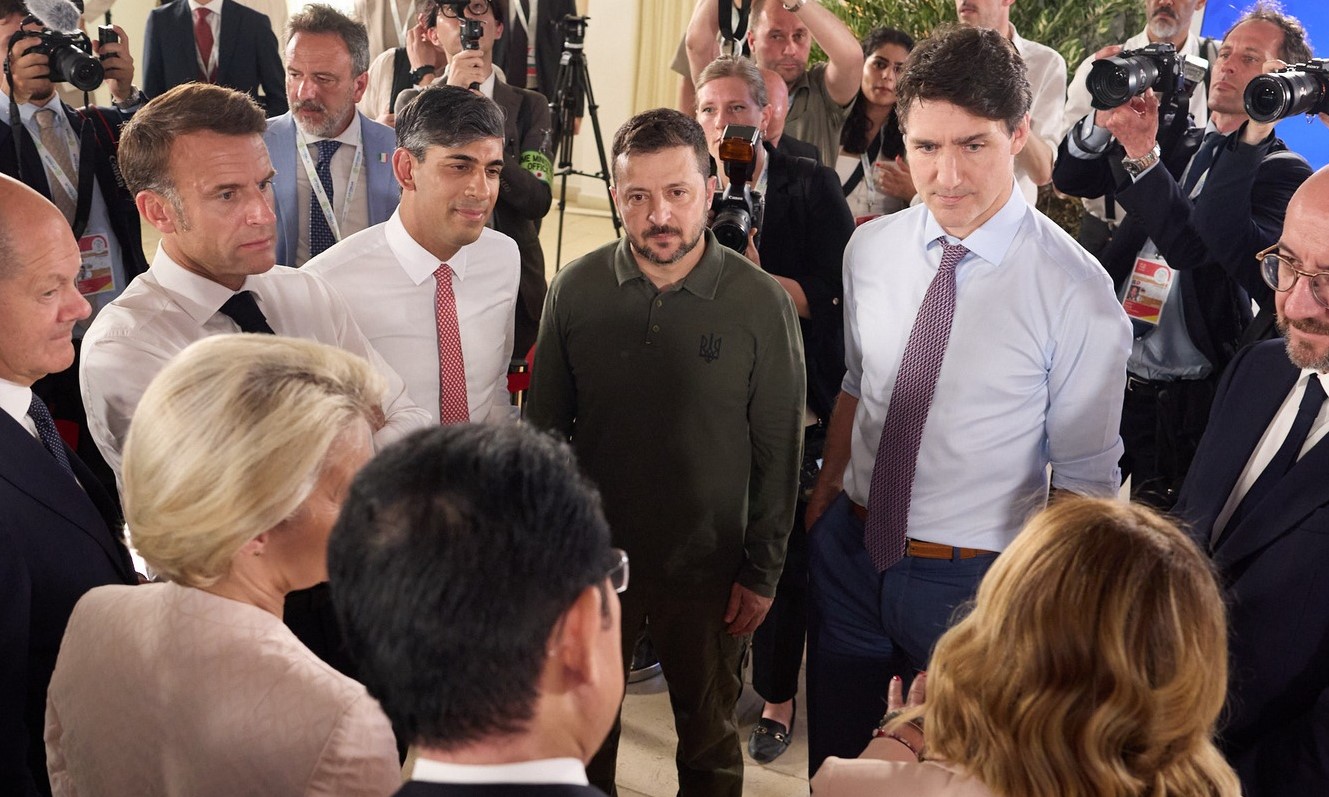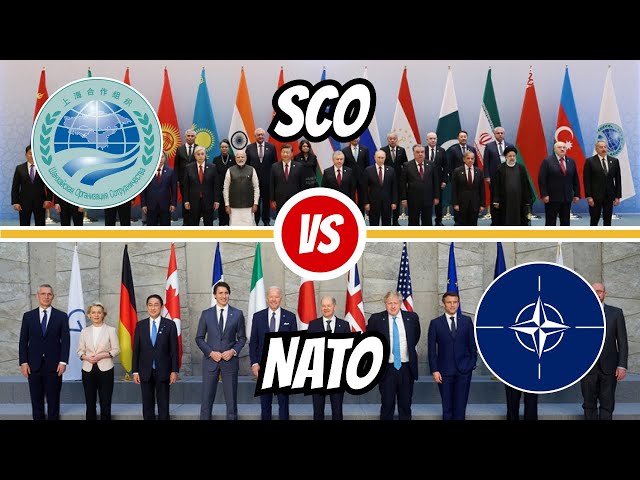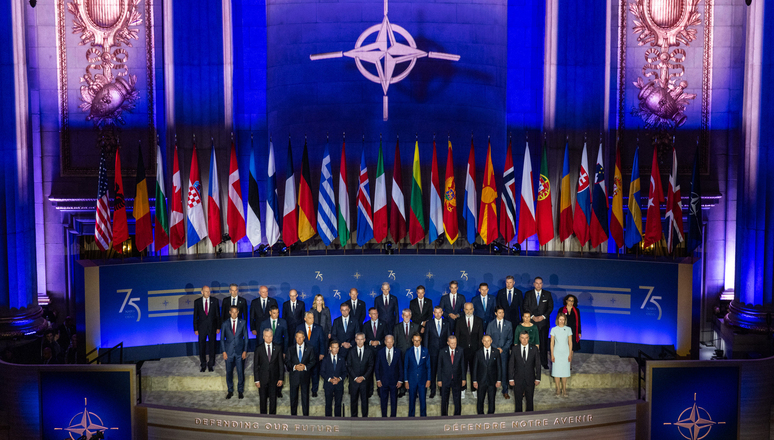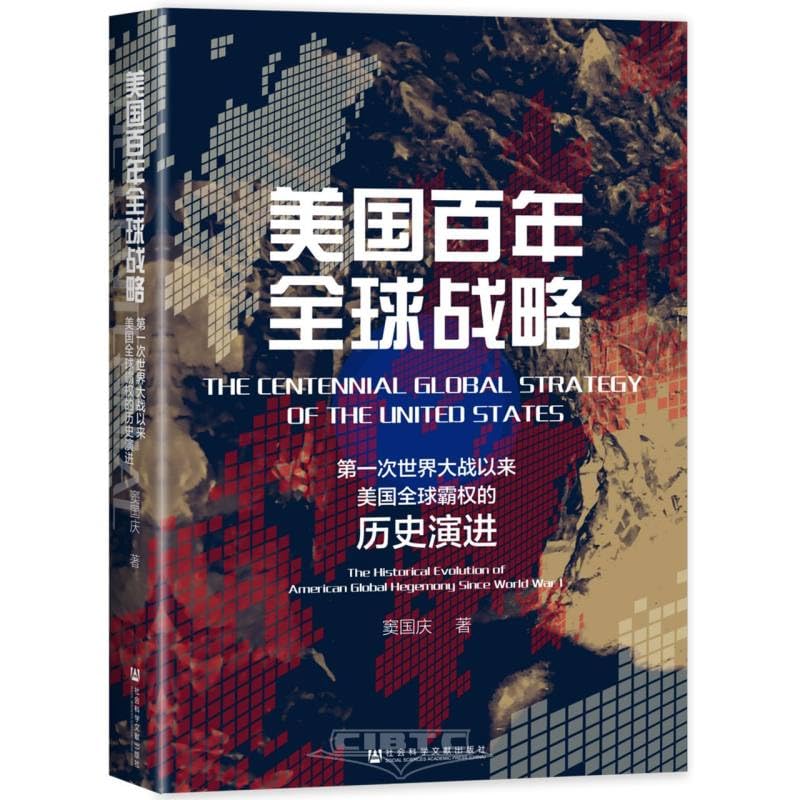Peter Sies, Master, School of Advanced International Studies at Johns Hopkins University
Jul 31, 2024
China has positioned itself as a leading force in reshaping the global order, advocating for a multipolar world. However, its current stance on the invasion of Ukraine may undermine this long-term project, casting doubt on its commitment to the principles it promotes.

An Gang, Adjunct Fellow, Center for International Security and Strategy, Tsinghua University
Jul 26, 2024
A growing number of voices warn of a coming global conflict of catastrophic proportions. Such messages must be interrupted. The world must not sleepwalk into war. As it moves to the center of the world stage, China not only calls for peace but actively plans it.
Richard Javad Heydarian, Professorial Chairholder in Geopolitics, Polytechnic University of the Philippines
Jul 26, 2024
The Philippines is at a crucial juncture right now, as the U.S. and China jockey for influence over the strategic waters surrounding the nation. Under new leadership favoring the West, the Philippines risks entangling itself in an escalating struggle between the two global powers.

Zhang Yun, Professor, School of International Relations, Nanjing University
Jul 25, 2024
The Shanghai Cooperation Organisation’s principle that economic development and security are inseparable, is far more advanced than NATO’s exclusive security concept and will inevitably become mainstream in the field of international security.

Xiao Bin, Deputy Secretary-general, Center for Shanghai Cooperation Organization Studies, Chinese Association of Social Sciences
Jul 25, 2024
NATO formally took a hard stance against Russia at its Washington summit, dampening the initiative. But without a rational understanding of responsibility for the war, peace in Europe will remain elusive, and security issues may spill over into Asia.

Jade Wong, Senior Fellow, Gordon & Leon Institute
Jul 25, 2024
This year’s NATO summit spotlighted two pivotal issues: the Russia-Ukraine conflict and the future of the Indo-Pacific region. But the approach was low-key. The primary concern seemed to be the stabilization of aid to Ukraine to shield it from a possible disruptive victory by Donald Trump, who could return to the White House.
Li Zheng, Assistant Research Processor, China Institutes of Contemporary International Relations
Jul 19, 2024
The two sides need to actively explore new models of cooperation with an open attitude to realize development together. How they balance competition and cooperation will not only affect their own relations but also the direction of the world.
Du Lan, Deputy Director at Asia-Pacific Institute, China Institute of International Studies
Jun 21, 2024
Through a campaign to smear China, the Marcos government has managed to alienate itself from other countries in Southeast Asia. Working hand in glove with the United States, it will only find itself increasingly isolated from other ASEAN member states.
Joseph S. Nye, Professor, Harvard University
Jun 18, 2024
Two years ago, I outlined eight lessons from the Ukraine War. And though I warned that it was too early to be confident about any predictions, they have held up

Dou Guoqing, Colonel of the People’s Liberation Army and Postdoctorate Researcher at PLA National Defense University
Jun 18, 2024
The United States has been the biggest beneficiary of changes in the international order over the past century. Four key factors have contributed to its current hegemony.
Back to Top

- China-US Focus builds trust and understanding between the U.S. and China through open dialogue among thought leaders.
- Our Offerings
- Topics
- Videos
- Podcasts
- Columnists
- Research Reports
- Focus Digest
- Stay Connected
-
Thanks for signing up!
- Get the latest stories from China-US Focus weekly.